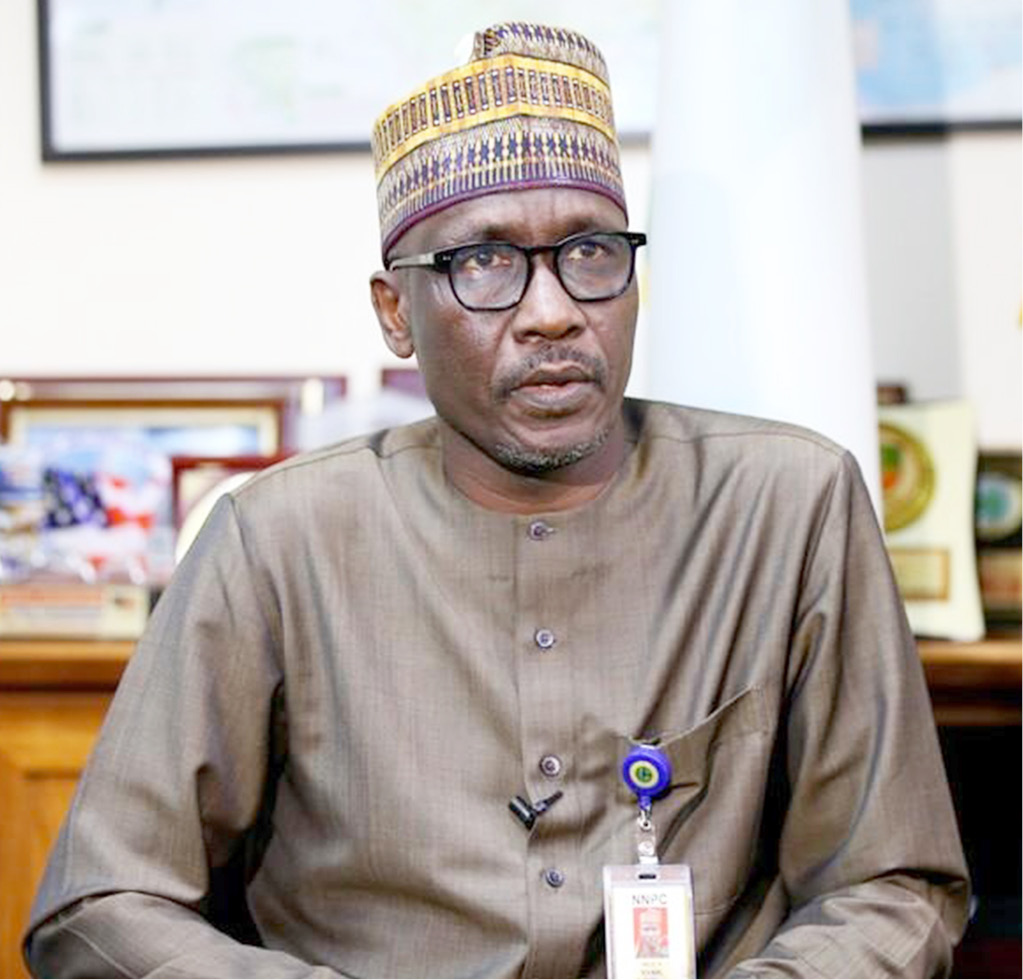NNPC’s intriguing profitability
Following the directives by President Muhammadu Buhari for the Nigerian National Petroleum Corporation to make public its audited account, the NNPC declared a profit of N287 billion from its operations in 2020. In terms of significance, this is historic and indeed the first time such profit is declared in the 44 years of the corporation’s […]

NNPC GMD, Mele Kyari
Following the directives by President Muhammadu Buhari for the Nigerian National Petroleum Corporation to make public its audited account, the NNPC declared a profit of N287 billion from its operations in 2020.
In terms of significance, this is historic and indeed the first time such profit is declared in the 44 years of the corporation’s existence.
As the corporation was celebrating this operational feat, there were doubts from several accounting and finance experts as to how this was achieved. Rather than praise the corporation for breaking away from the previous seemingly opaque reporting, the debate on the profitability of the NNPC has been mainly due to the quality of the earnings with reversals of previous provisions for receivables which are now seen to be recoverable and more importantly, refunds from strategic alliance recoveries from the federation account. This is coming at a time when not only states but also the legislative arm of government has consistently raised concerns on the shortfall of remittance to the federation account. So, how and what are these refunds to NNPC?
Several of the experts who questioned the NNPC’s claims pointed out salient concerns in the report to buttress their views. For instance, backing out the N713billion reversal of impairment and refunds reveals that it would have reported another year of loss.
The shortfall of the value of the corporation’s assets over its liabilities is one area of contention, especially as this raises concern on the going concern of the supposedly most prolific and strategic asset of Nigeria. The experts question how a corporation like NNPC can be perennially loss-making, while companies operating in the sector, with very limited asset and resources are consistently reporting operating profits, with strong cash flow.
Many professionals wonder what could have eroded the assets of NNPC beyond its perennial loss, which has always been a subject of enquiry. What has been the reason for NNPC’s loss? While it’s a myth yet to be unravelled, analysts wonder how NNPC spends N678billion on general and administrative expenses, including some N65 billion staff cost of its refinery subsidiary, despite public knowledge that the refineries are moribund. While some say petrol subsidy has been one of the major factors responsible for NNPC’s poor performance, that argument seems weak given that NNPC passes the cost to the federation account.
The NNPC has come out to defend its position stating that the figures were the result of the independent auditing of its finances and accounts by external auditors.
It is a healthy development that the NNPC which for long has not been known for making the details of its operations public now has its financial statements under public scrutiny.
We must first of all thank President Buhari for compelling the corporation to do so. It’s a great step towards transparency and accountability, given that NNPC is a public interest entity.
We also believe that the recent passage of the Petroleum Industry Act which signals the long overdue restructuring of the oil and gas sector of which the NNPC is a very key player, helped in bringing this about.
It is a welcome sight that the NNPC is now willing to make itself accountable to the Nigerian public on how it manages the revenues that come from oil and gas operations.
Such a development which is salutary to the reform of the sector should be encouraged by all stakeholders. It will help to make the NNPC which will be unbundled under the PIA attractive to investors and hopefully be repositioned for effectiveness and efficiency, with hope of delivering positive returns and benefits to the nation, as it is with peers like Petronas, AramCo amongst others.
Given the recent statement attributed to the Group Managing Director of NNPC, Mele Kyari, that the Initial Public Offer (IPO) may be considered next year, this development will no doubt boost the profile of the NNPC in the reckoning of investors, even so it may also dampen global investors’ appetite, whose expectation may have been based on the impressive successes of the Saudi ARAMCO’s historic listing.
Taking all these into consideration, it is necessary for the NNPC to come clean on the accusations on the quality of its earnings, which some posit may be an attempt to satisfy President Buhari’s directives and mask probable inefficiencies.
It behooves the NNPC as the key player in Nigeria’s oil and gas sector to do so in the interest of generality of Nigerians who desire to see an efficiently run national oil company justifying its existence.
